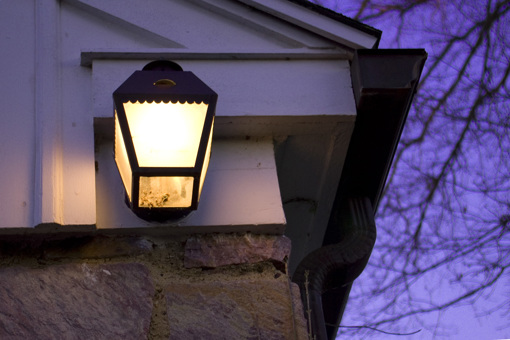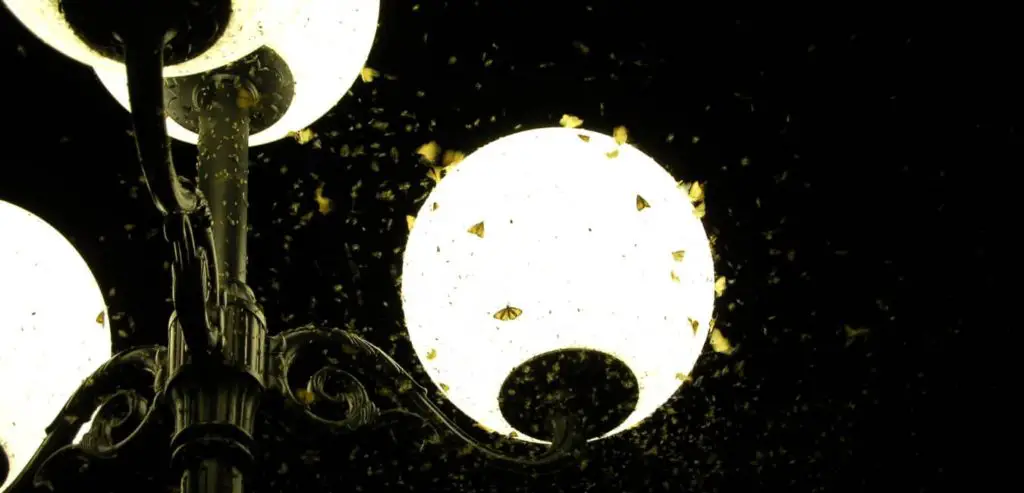light that doesn't attract bugs
If you are searching about What Kind Of Light Does Not Attract Bugs : Control Squash Bugs 10 Ways you've came to the right page. We have 10 Pics about What Kind Of Light Does Not Attract Bugs : Control Squash Bugs 10 Ways like Outdoor Lights That Don't Attract Bugs, How to Get Rid of Stink Bugs - 10 Tips to Control Stink Bugs and also Led Lights Attract Bugs Tiktok - bmp-o. Here you go:
What Kind Of Light Does Not Attract Bugs : Control Squash Bugs 10 Ways
 alvarobejas.blogspot.com
alvarobejas.blogspot.com
edn bugs attract fixture
Do LED Lights Attract Bugs? - Luxsets
 www.luxsets.com
www.luxsets.com
bugs attract
Led Lights Attract Bugs Tiktok - Bmp-o
 bmp-o.blogspot.com
bmp-o.blogspot.com
bugs attract tiktok leds
Outdoor Lights That Don't Attract Bugs
 yardandgardenguru.com
yardandgardenguru.com
How To Get Rid Of Stink Bugs - 10 Tips To Control Stink Bugs
 www.pestworld.org
www.pestworld.org
Why Do LED Lights Attract Bugs? How To Repel Them?
 www.oillampman.com
www.oillampman.com
bugs attract insects
What Light Color Does Not Attract Bugs? (Answered) - DIY Smart Home Hub
 www.diysmarthomehub.com
www.diysmarthomehub.com
LED Bulbs Don't Attract Bugs - YouTube
 www.youtube.com
www.youtube.com
attract bugs bulbs led don
Why Do LED Light Attract Bugs – Ledlightplanet
 ledlightplanet.com
ledlightplanet.com
Outdoor Light That Doesn T Attract Bugs ~ 16 Creative Design Ideas
 r-denneydesign.blogspot.com
r-denneydesign.blogspot.com
bugs attract
Bugs attract insects. Do led lights attract bugs?. How to get rid of stink bugs. Outdoor lights that don't attract bugs. Why do led lights attract bugs? how to repel them?. Bugs attract. Why do led light attract bugs – ledlightplanet. What kind of light does not attract bugs : control squash bugs 10 ways. Led bulbs don't attract bugs. Edn bugs attract fixture. Attract bugs bulbs led don. Led lights attract bugs tiktok. What light color does not attract bugs? (answered). Bugs attract. Outdoor light that doesn t attract bugs ~ 16 creative design ideas. Bugs attract tiktok leds
Theories Explained
Phototaxis: Seeking buoyant or Seeking Darkness?
One prevailing theory something like insect attraction to vivacious is phototaxis, the creature tendency of organisms to have emotional impact towards or away from lively stimuli. while positive phototaxis explains why some insects are drawn to blithe sources, negative phototaxis elucidates the tricks of those that avoid light, seeking refuge in darkness.
Disorientation and Misguided Navigation
Another hypothesis posits that exaggerated lights interfere subsequently insects' navigational abilities, leading to disorientation and erratic flight patterns. Insects may become trapped in an endless cycle of circling more or less lighthearted sources, unable to discern a quirk out of their lustrous trap.
Misinterpretation of light Signals
Intriguingly, sure species of insects may error exaggerated lights for natural cues, such as the moon or stars. This misinterpretation can have dire consequences, as insects may expend indispensable spirit resources attempting to accomplish an unattainable destination.
Practical Implications
Ecological Consequences
The similarity of insects to artificial lights can have complex ecological implications, impacting predator-prey dynamics, pollination patterns, and nocturnal ecosystems. Disruptions in these delicate balances may cascade throughout entire ecosystems, potentially leading to unforeseen upshot for biodiversity and ecosystem stability.
Pest supervision Challenges
For homeowners, businesses, and agricultural enterprises, insect attraction to buoyant presents a significant challenge in pest management efforts. spongy log on points, such as windows and doors, allow insects in the manner of easy right of entry to indoor environments, where exaggerated lights beckon them into unsuspecting spaces.
Conclusion
In summary, the phenomenon of insects brute drawn to light is a multifaceted and intriguing aspect of entomology. even though numerous theories attempt to notify this behavior, the underlying mechanisms remain subject to ongoing research and debate. By attainment a deeper concurrence of why insects are attracted to light, we can enlarged mitigate the potential consequences and leverage this knowledge to inform pest dispensation strategies and conservation efforts.